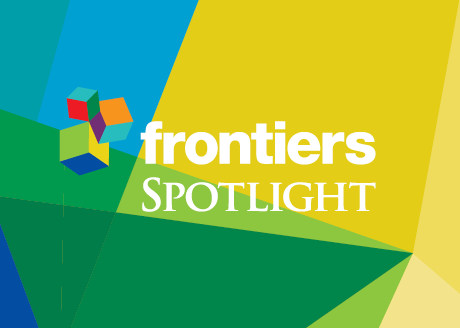1Department of Pediatrics, Allergy Center, Istituto Giannina Gaslini (IRCCS), Genoa, Italy
2Department of Pediatrics, Ospedale San Matteo (IRCCS), Pediatrics Clinic, University of Pavia, Pavia, Italy
3Pediatric Pulmonology and Endoscopy, Istituto Giannina Gaslini (IRCCS), Genoa, Italy
4Allergy Clinic, Ospedale San Martino (IRCCS), Genoa, Italy
Allergen immunotherapy (AIT) is still the only disease-modifying treatment strategy for IgE-mediated allergic diseases, with consolidated evidence both in adults and children. AIT is effective in determining clinical improvement of allergic rhinitis and asthma, such as reduced symptoms, medication use, and improvement of quality of life, with a long-lasting effect after cessation of treatment. Results from recent clinical studies have implemented the evidence of effectiveness and safety of allergen immunotherapy for the treatment of allergic asthma, so that the current asthma guidelines now recommend sublingual immunotherapy as an add-on therapy for asthma in adults and adolescents with house dust mite allergy, allergic rhinitis, and exacerbations despite low-to-moderate dose ICS, with forced expiratory volume in 1 second more than 70% predicted. AIT may also reduce the risk of progression from allergic rhinitis to asthma in children and prevent the onset of new sensitizations, thus representing a potentially preventive method of treatment. The aim of this review is to present an updated overview of the clinical indications of AIT, with particular reference to pediatric asthma, of the mechanisms of clinical and immunological tolerance to allergens, and of the potential biomarkers predicting clinical response.


 Maria A. Tosca
Maria A. Tosca Amelia Licari
Amelia Licari Gianluigi Marseglia
Gianluigi Marseglia Giorgio Ciprandi
Giorgio Ciprandi